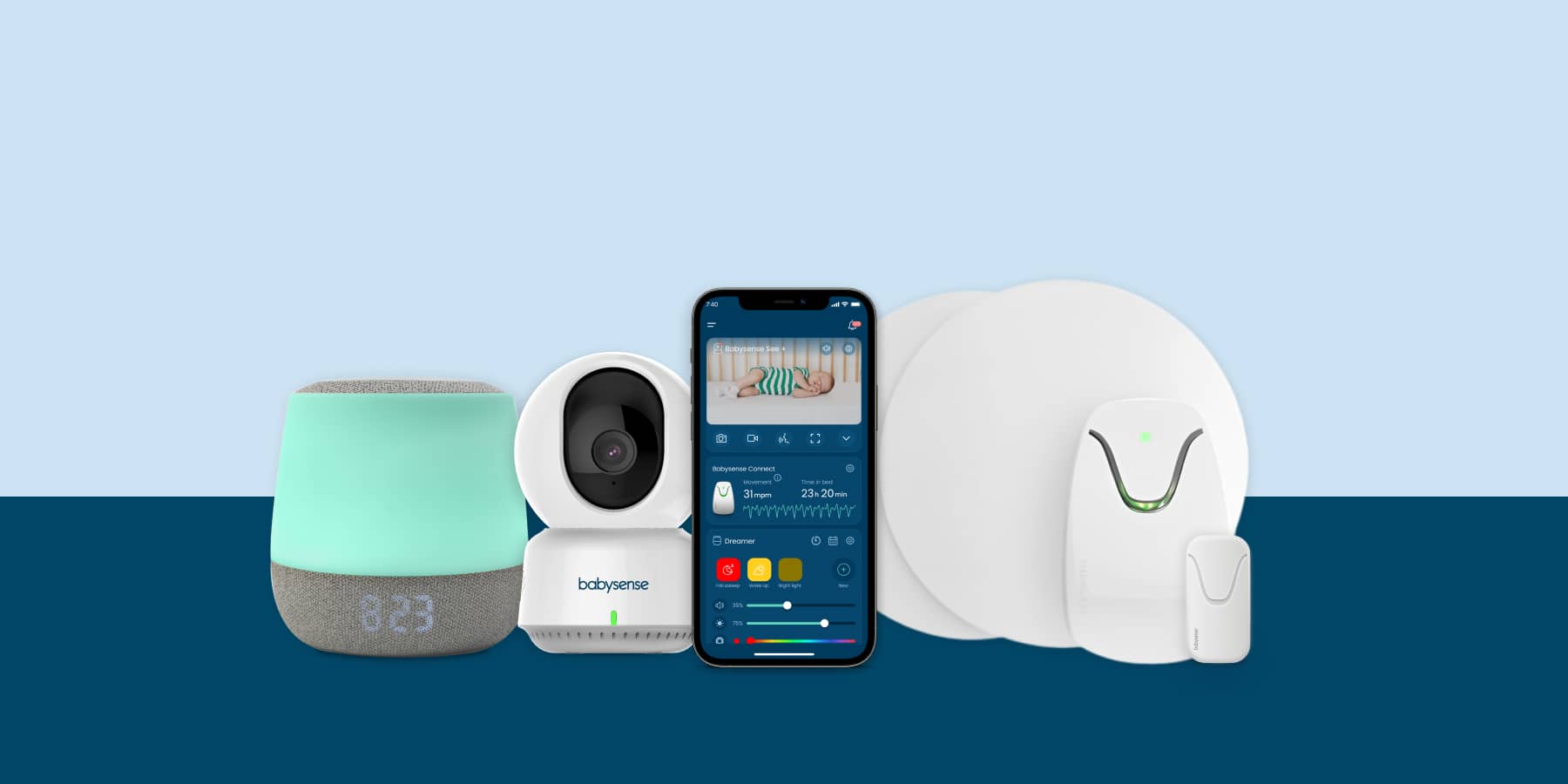“People who say they sleep like a baby usually don’t have one” Leo J Burke
Ask any sleep deprived mother and she will attest to the fact that her ability to function and parent well is hindered by lack of sleep. We crave the energising and renewing feeling sleep gives us and yet for many, sleep becomes an enigma or fond distant memory during our baby’s first year.
The first step to dealing with sleep deprivation is in fact not getting more sleep, but being realistic about what we should expect from our babies. As soon as we know what to expect from our babies in terms of sleep we have made the first step towards acceptance. By knowing what to expect, we stop unrealistic cravings for sleep and start to deal with sleep deprivation constructively.
Many common misconceptions abound about baby’s sleep:
- If you sleep well, you sleep like a baby!
- You should aim for your baby to sleep through the night at 6 weeks
- Once your baby has slept through a feed for three nights in a row it will not require that feed again and should be ‘dummied’ to prevent feeding at that time.
- All babies sleep through the night at 3 months
- By waking your baby at 10pm for a feed you will encourage them to drop the early morning feed
- A full nights sleep is 7pm to 7am
- Babies should be allowed to expect a night feed until they are on full solids (6 months), if they need it. As a rule of thumb, babies under 6 weeks are feeding almost as frequently at night as they do during the day, possibly stretching to four or five hours once at night.
- Between 6 to 12 weeks your baby will probably drop a night feed, usually the 10pm to 11:30pm feed and therefore only require one feed in the early morning and then another at dawn. Do not wake your baby for the evening feed to prevent the morning one as this frequently leads to problems as you are not allowing your baby’s natural sleep rhythms to develop.
- At three to six months your baby can be expected to sleep from the early evening to a very early morning feed – after 3am. During this period, your baby will probably need to start eating solids but not proteins until after 6 months.








